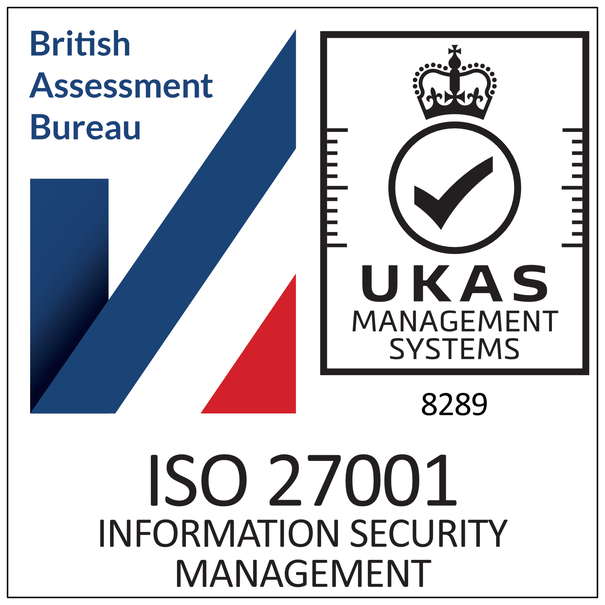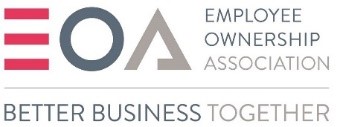What is Payroll and what does it involve?
Payroll is an important function in any business and essentially describes record keeping and management of a company’s employees and their salary or wages.
Why is Payroll so important to a business?
Your people are likely to be your business’ most important asset and you have a commitment to pay your staff their salary or wages on the terms agreed. The impact of salary miscalculation can have a substantial impact on your employees and can damage trust between the company and its staff. In addition, errors in calculation can have a detrimental effect on company’s bottom line, result in fines from HMRC and possible charges for misconduct.
What does Payroll involve?
Unfortunately for those that work in payroll management, it is not as simple as just paying your staff on time and the right amount. There are several other areas of payroll that need attention prior to transferring salaries.
The first part of the payroll process is working out an employee’s gross pay (the total amount before any tax is deducted). Be mindful that there is a difference in taxes for those that accrue wages (paid by the hour) and those that are paid salaries (a fixed amount each month) based on an annual figure.
However, there are other areas that need to be considered, and which will vary between companies but will include calculating any sick days taken, commission or bonuses to be paid, any annual leave or maternal/parental leave, benefits such as car allowance or employee discounts, expenses and pensions. All of these areas have an impact on the gross pay figure.
The next step will be to work out net pay. Net pay is gross pay with adjustments applied, minus any taxes such as National Insurance (NI) and income taxes. These amounts are different for each employee depending on their unique tax code which is supplied by HMRC. The tax code is generated from an employee’s P45.
Once these payroll processes have been completed and Payroll reports generated, they must be sent to HMRC before salaries are paid.
Most companies pay their staff by BACs transfer which is convenient for both employees and employers but again – depending on the size or your business – is a time consuming and repetitive task.
Different payroll processes
As we have demonstrated, calculating salaries and wages is complex area and is usually managed by the finance or accounts department in a company, often taking a team of people away from other areas of the business for several days of the month. There are several differing ways that a business might run its Payroll activities:
Manual calculation: Keeping payroll management in house and calculating manually for each employee is the cheapest way to process salary payments. However, it does come with lots of responsibility so care must be taken that all calculations to gross pay are administered carefully. Also, attention to detail when reporting figures and taxes to HMRC. Even a small margin of error can result in fines from HMRC and a charge for breaking the law. If you chose to keep your payroll in house, it is mindful to have dedicated resources in this area of the business so that interruptions are kept to an absolute minimum.
Hire an expert: Many companies choose not to keep payroll in house and opt to outsource to a third party such as an accountancy firm, bookkeeper, or an outsourcing provider. Controlaccount has been delivering outsourced services for forty-five years. Our dedicated payroll provision team has automated processes making the management of payroll and comprehensive reporting fully automated with zero room for error. This enables us to execute payroll services and report more efficiently than doing it by hand. This is a cost-effective solution to managing your payroll functions.
HR Software: Another option for businesses looking to become more cost effective and productive in their finance and payroll departments, is to consider using a payroll management system which is often available in any comprehensive HR Software systems
Our bespoke software – HARP – is an innovative and comprehensive solution to HR and Payroll functions. Approved by HRMC, HARP enables you to manage all aspects of payroll, manage deductions, HMRC reporting and generate payslips for employees. HARP software will streamline your payroll services, saving you time to focus on other areas of your business.
How do I get started?
We don’t believe in a one size fits all and work with our clients to deliver a bespoke solution to their business challenges. For an initial consultation, get in touch today or call 01527 386 610.










